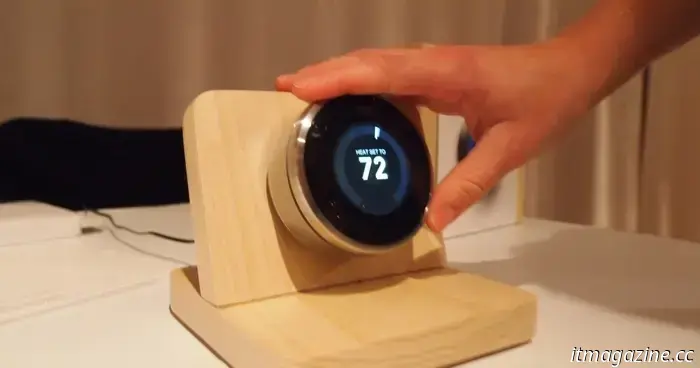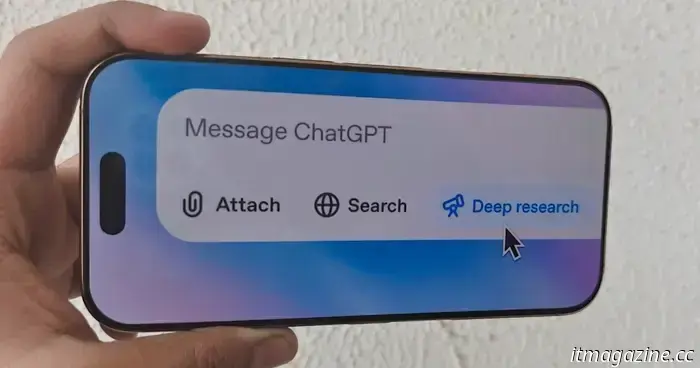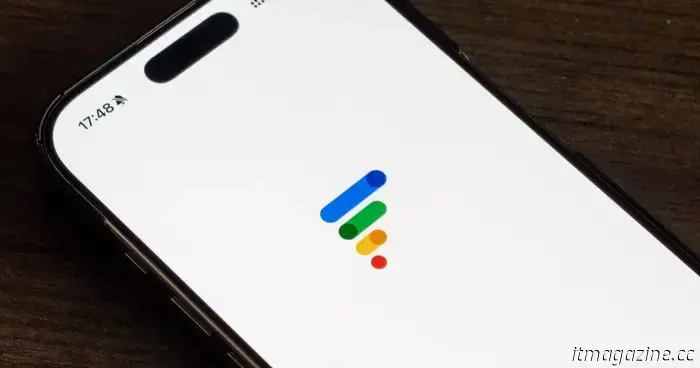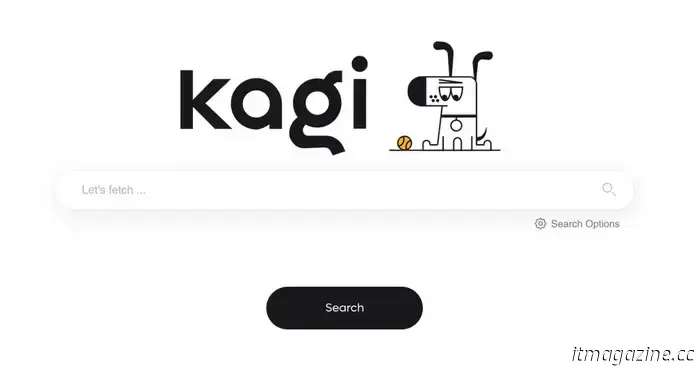
Google's decision to discontinue certain Nest thermostats serves as a cautionary message for all smart home users.
If you were an early adopter of the Nest Learning Thermostat, there’s unfortunate news: Google has announced that support for the first and second generation models will cease as of October 25. This means that, essentially, you can no longer consider them "smart." You will not be able to control these devices through your phone or Google Assistant anymore, although they will still work as regular wall-mounted thermostats.
Google's support post states, "As we assess what’s needed to support your energy needs in the future, it has become increasingly difficult to continue updating these products considering their older hardware. Thus, we have made the tough decision that starting October 25, 2025, the Nest Learning Thermostat (1st gen, 2011), Nest Learning Thermostat (2nd gen, 2012), and Nest Learning Thermostat (2nd gen, Europe version, 2014) will stop receiving software updates."
Certain features like schedules and modes will still be available, but they will need to be adjusted manually. On the bright side, Google has committed to contacting eligible customers with discounts on the fourth-generation Nest Learning Thermostat, the latest model. U.S. customers will receive $130 off, while Canadian customers will get $160 off. European Nest users will have a different offer, receiving 50% off the Tado Smart Thermostat X Starter Kit.
While it's common for both hardware and software to lose support over time, this news is still disappointing for those who have not felt the urgency to upgrade. The discount is appreciated, but it doesn’t entirely compensate for the additional expense. A more cynical perspective might view this as a $140 fee to maintain functionality for a smart thermostat that was already purchased.
Unfortunately, this is not the first instance of a smart home device losing support shortly after release. To be fair, the first-generation Nest Learning Thermostat debuted in 2011, and it has had 14 years of support. The second generation was released in 2012. It’s not as if these devices were discontinued right after being sold, but most consumers expect their electronics to work until they fail.
In this context, it may be worth reevaluating our perception of smart home technology. Like a toaster or a stand mixer, smart home devices are more akin to appliances—tools that simplify everyday tasks, rather than computers or vintage game consoles you might want to revisit for nostalgia in twenty years. Appliances do wear out, and it’s reasonable to expect to replace them over time; perhaps we should apply the same mindset to smart home technology.
Of course, one might argue that Cuisinart wouldn’t abruptly disable most features of your toaster simply because it’s older. That would be absurd, after all—but your toaster likely isn’t at risk of cyberattacks (though there are now smart toasters available, but that discussion can wait for another time).
Google finds itself in a challenging position. By discontinuing support for older models, Google can focus on enhancing newer devices and mitigate the risk of older devices being exploited as entry points into home networks. Simultaneously, it must balance its profit margins with customer satisfaction.
And indeed, many customers are unhappy with this decision. Since the announcement, users have taken to social media and Reddit to voice their dissatisfaction. As u/limitless__ states, “It’s acceptable to end of life a product by withdrawing support. What’s not acceptable is forcing a migration to Google and then terminating the app.”
Many users have indicated that Google’s move has led them to distrust the company, suggesting that a better approach would be to keep full functionality while halting software updates. If a user is willing to accept security risks, that should be their prerogative, not a decision made by Google.
I find myself sympathizing with this perspective. While I understand the rationale from an objective viewpoint, I dislike the idea of a company removing functionality. It reinforces the notion that we no longer truly "own" anything, especially anything connected to the internet. Call me old-fashioned, but I've always believed that if I purchase something, it should be mine to use as I wish.
At least some functionality remains. Other smart home platforms have been discontinued, rendering their hardware useless, such as Iris by Lowe’s. Launched in 2012, it operated (somewhat) until 2019 when Lowe’s shuttered the entire system. The only concession made to users was a refund for devices that couldn’t be used on other platforms, although Samsung stepped in to assist users in migrating compatible Iris products to the SmartThings platform.
Long-time Google users shouldn't be surprised, though. The company has a reputation for discontinuing support on projects, often with little to no warning, leading to the creation of an entire “Google Graveyard.” You can visit KilledByGoogle.com to see services like the Google Podcasts app, Google Hangouts, and many others that have since vanished from the digital landscape. Several Nest products



Other articles
 China's Pony.ai, a competitor to Waymo, has reduced the cost of its self-driving technology stack by 70%.
According to CEO James Peng, the latest generation of robotaxis from Pony.ai are priced 20%-30% less than those from its US competitor Alphabet’s self-driving division, Waymo.
China's Pony.ai, a competitor to Waymo, has reduced the cost of its self-driving technology stack by 70%.
According to CEO James Peng, the latest generation of robotaxis from Pony.ai are priced 20%-30% less than those from its US competitor Alphabet’s self-driving division, Waymo.
 It's not just a figment of your imagination — ChatGPT models indeed hallucinate more nowadays.
Internal tests indicate that newer models such as o3 and o4-mini exhibit a considerably higher rate of hallucination compared to older versions, and OpenAI is uncertain about the reasons behind this.
It's not just a figment of your imagination — ChatGPT models indeed hallucinate more nowadays.
Internal tests indicate that newer models such as o3 and o4-mini exhibit a considerably higher rate of hallucination compared to older versions, and OpenAI is uncertain about the reasons behind this.
 The 10 best R-rated films currently available for streaming.
From the Oscar-winning Anora to the contemporary classic Parasite, here are the 10 top R-rated films currently available for streaming.
The 10 best R-rated films currently available for streaming.
From the Oscar-winning Anora to the contemporary classic Parasite, here are the 10 top R-rated films currently available for streaming.
 Google Fi was already my top choice for eSIM while traveling, and now it’s even improved.
Google Fi was already my preferred eSIM for travel, but Google has just introduced a range of enhancements that make it even more appealing. Here's why!
Google Fi was already my top choice for eSIM while traveling, and now it’s even improved.
Google Fi was already my preferred eSIM for travel, but Google has just introduced a range of enhancements that make it even more appealing. Here's why!
 I used a paid search engine for a week, and I don't believe I'll return to it.
I experimented with a paid search engine to explore options beyond Google, and it turned out to be quite impressive.
I used a paid search engine for a week, and I don't believe I'll return to it.
I experimented with a paid search engine to explore options beyond Google, and it turned out to be quite impressive.
Google's decision to discontinue certain Nest thermostats serves as a cautionary message for all smart home users.
Google has announced a termination update for its first and second generation Nest Learning Thermostats.
